7 GPTs for Recruitment Efficiency Powered by AI for Free of 2026
AI GPTs for Recruitment Efficiency refer to the application of Generative Pre-trained Transformers in the recruitment domain, aimed at enhancing the efficiency and effectiveness of hiring processes. These tools leverage advanced machine learning and natural language processing capabilities to automate and optimize various recruitment tasks, such as resume screening, candidate sourcing, and initial communication. By customizing GPTs for recruitment-specific tasks, organizations can significantly reduce time-to-hire, improve the quality of candidates, and ensure a more dynamic and responsive recruitment strategy.
Top 7 GPTs for Recruitment Efficiency are: Applicant Tracking System (ATS),Resume Matcher,People Analytics Guide,Candidate Reviewer,Resume Organizer,🔄 HR Agile Workflow Wizard 🧙♂️,🌟 Talent Systems Optimization Pro 🌟
Applicant Tracking System (ATS)
Empower Your Career with AI-Driven Recruitment
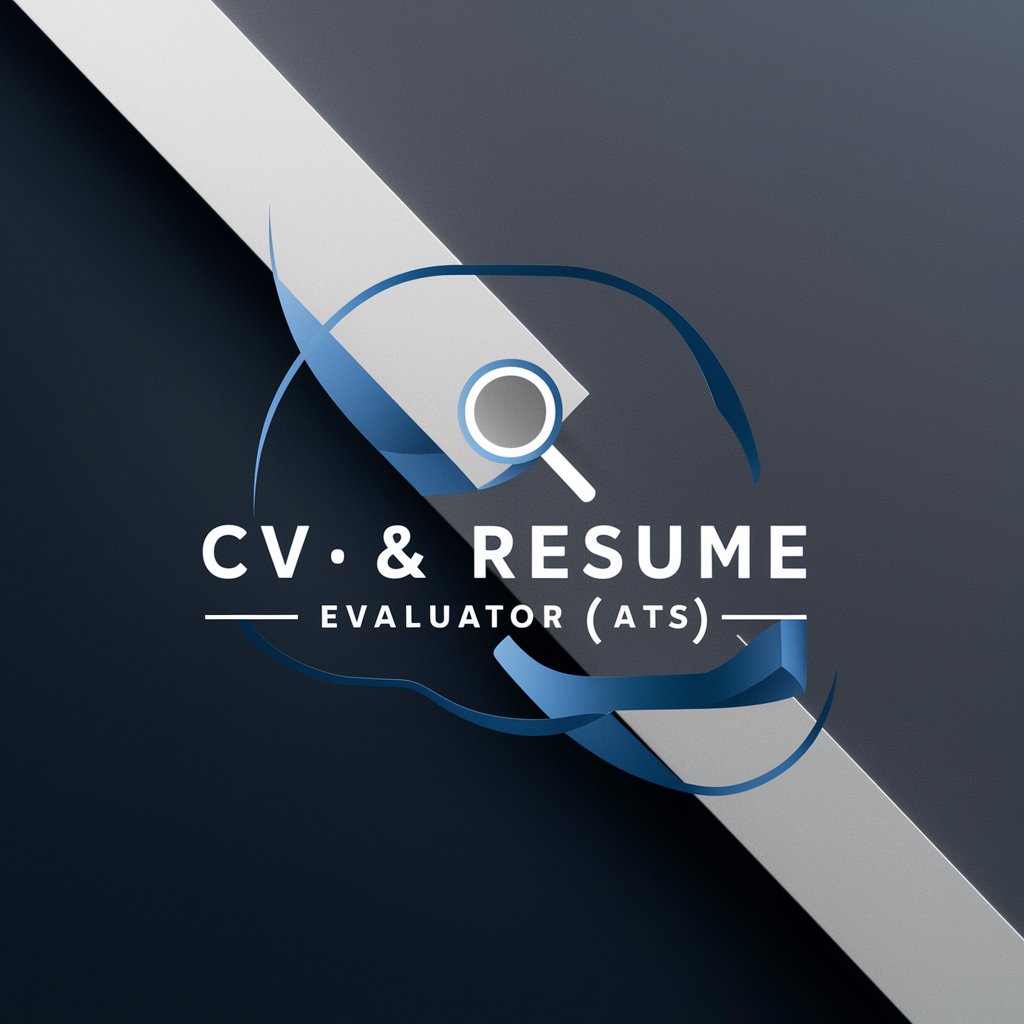
Resume Matcher
Streamline Hiring with AI-Powered Precision
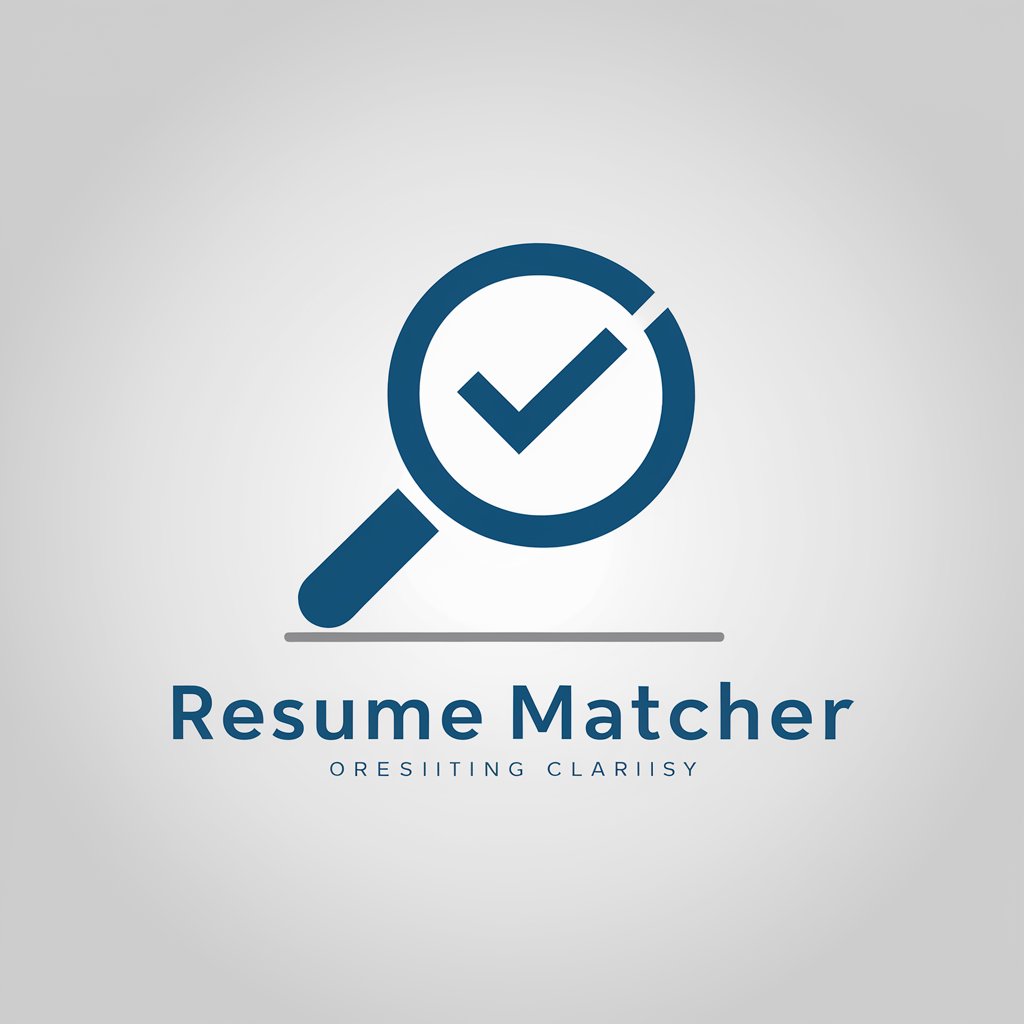
People Analytics Guide
Empowering HR with AI Insights
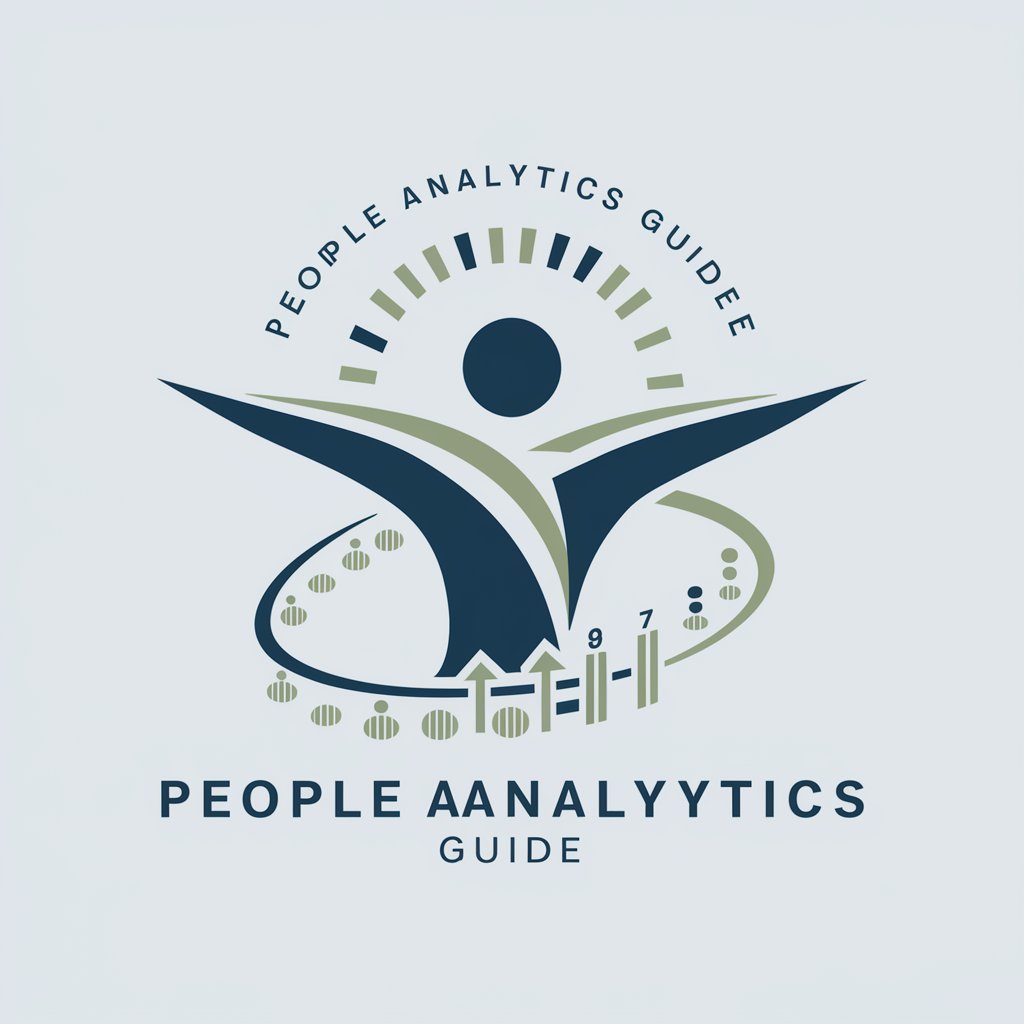
Candidate Reviewer
Streamline Hiring with AI-Powered Insights
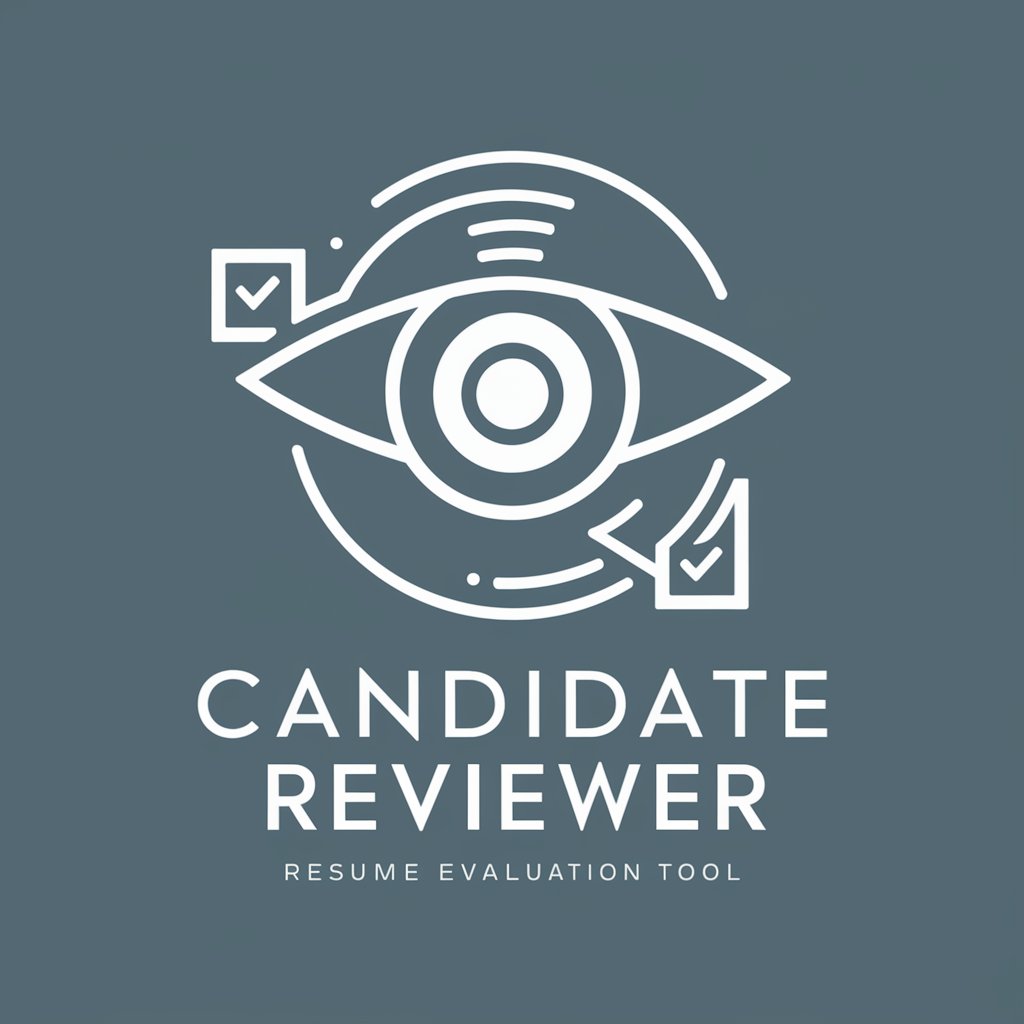
Resume Organizer
Streamline Resume Processing with AI
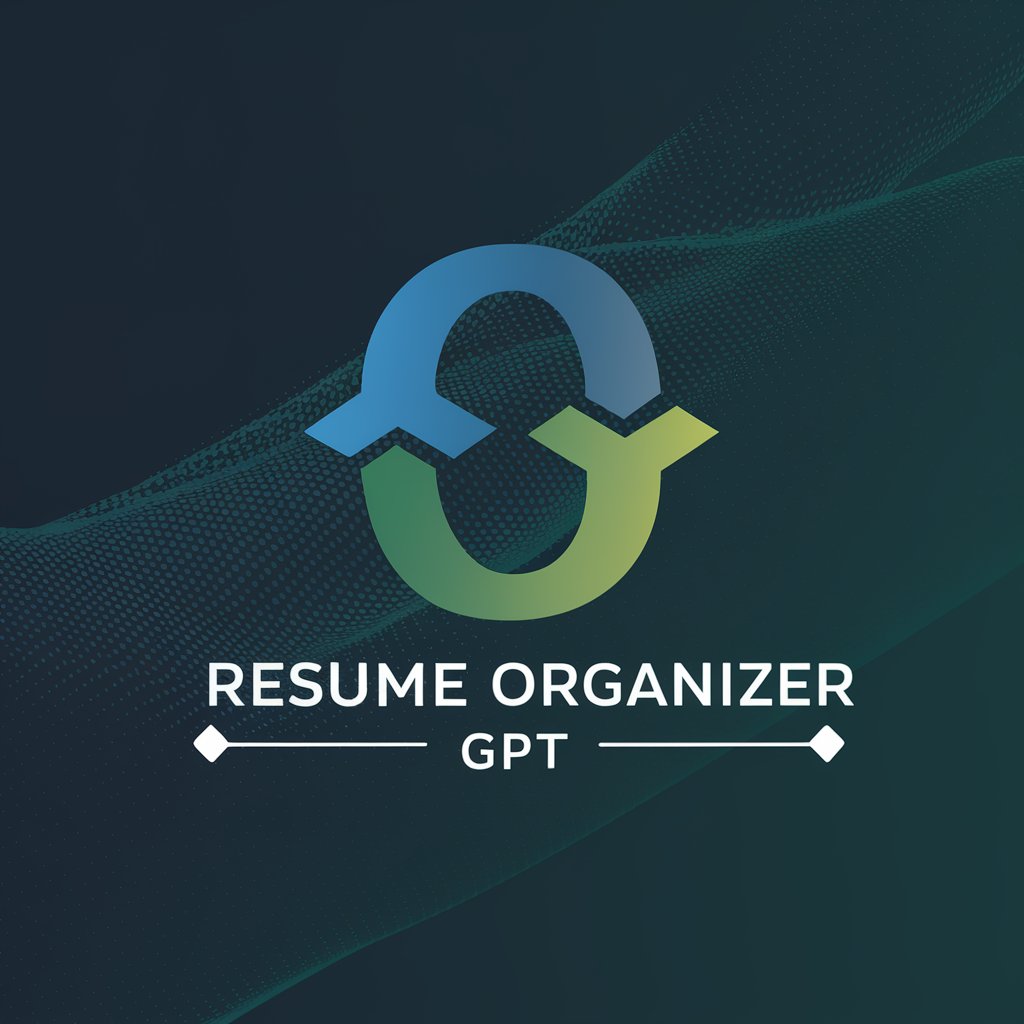
🔄 HR Agile Workflow Wizard 🧙♂️
Empowering HR with Agile Innovation

🌟 Talent Systems Optimization Pro 🌟
Elevate HR with AI Insights
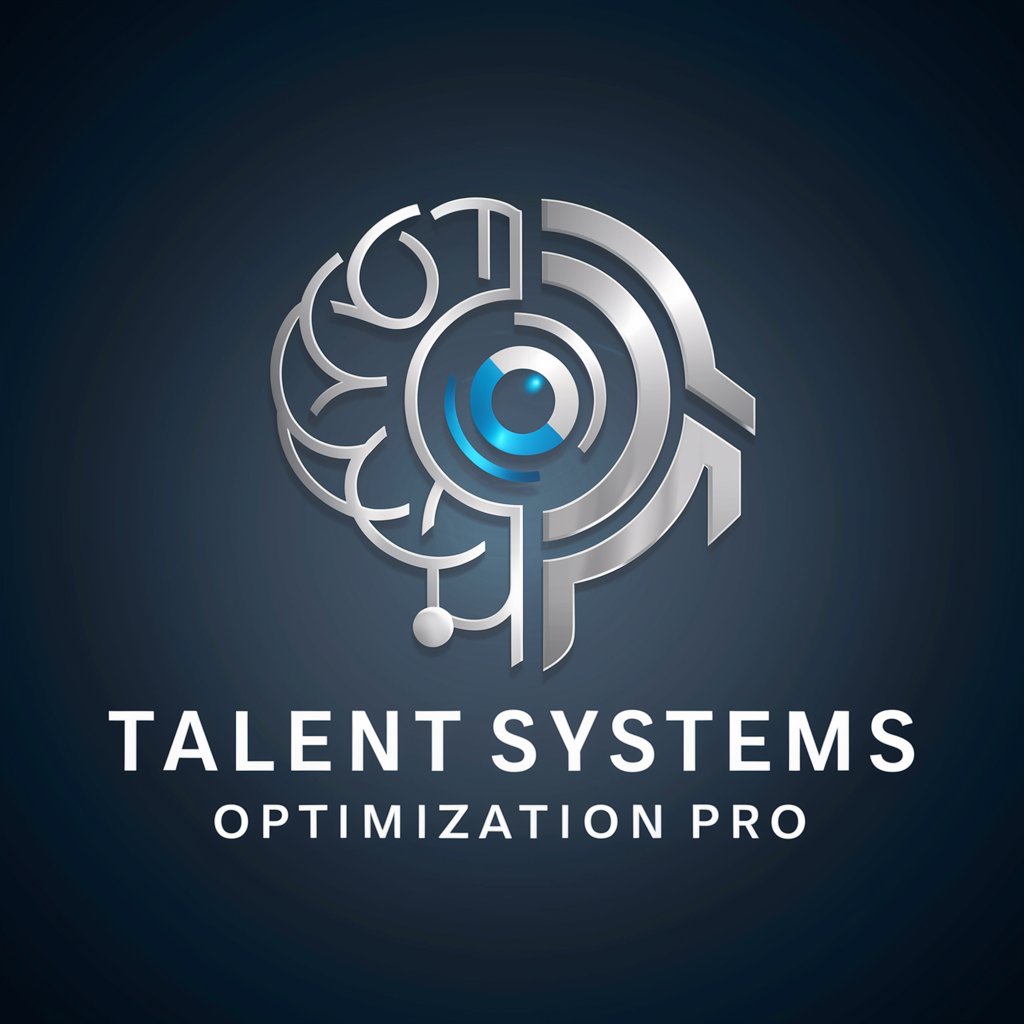
Essential Attributes of Recruitment AI Tools
AI GPTs for Recruitment Efficiency come with a host of distinctive features designed to streamline the recruitment process. Key capabilities include sophisticated resume parsing to extract relevant information, automated job matching algorithms to align candidate profiles with job requirements, and natural language communication interfaces to engage candidates efficiently. These tools can adapt from performing basic tasks, such as keyword matching, to more complex functions like evaluating a candidate's fit based on their work history and skills. Special features may also encompass learning from interaction patterns to improve future recommendations, technical support for integrating with HR platforms, and advanced analytics to track recruitment metrics.
Who Benefits from Recruitment AI Enhancements
AI GPTs tools for Recruitment Efficiency are invaluable to a broad audience, ranging from HR professionals and recruitment agencies to small business owners and large corporations. They are designed to be accessible to users without technical backgrounds, offering intuitive interfaces and guided processes. For tech-savvy users or developers, these tools offer advanced customization options, allowing for the integration of AI capabilities into existing recruitment workflows or the development of bespoke recruitment solutions.
Try Our other AI GPTs tools for Free
Continuous Feedback
Discover how AI GPTs revolutionize Continuous Feedback, offering real-time insights, adaptability, and enhanced engagement for businesses and professionals.
Property Damage
Discover how AI GPTs for Property Damage revolutionize assessments and claims processes with accurate, efficient, and user-friendly solutions.
Benefits Assistance
Discover how AI GPTs revolutionize Benefits Assistance, offering personalized, efficient, and multilingual support to navigate the complexities of benefits administration.
VA Navigation
Discover how AI GPTs for VA Navigation revolutionize virtual assistance with intuitive, user-friendly solutions designed to enhance digital interactions and streamline tasks.
Claims Filing
Discover how AI GPTs for Claims Filing streamline the claims process with automated document handling, natural language processing, and machine learning, enhancing efficiency and accuracy for professionals and novices alike.
ERG Management
Discover how AI GPTs revolutionize ERG Management with adaptable tools designed for efficient communication, event planning, and member engagement.
Further Perspectives on AI-Driven Recruitment
AI GPTs as customized solutions offer significant advantages across various sectors, enhancing recruitment efficiency through data-driven insights and automation. Their user-friendly interfaces and compatibility with existing systems allow for a smooth integration into current recruitment practices, providing a scalable solution to meet the evolving needs of the modern workplace.
Frequently Asked Questions
What are AI GPTs for Recruitment Efficiency?
They are AI-driven tools that use Generative Pre-trained Transformers to optimize recruitment tasks, making the hiring process more efficient and effective.
How can these tools improve recruitment processes?
By automating tasks like resume screening, candidate sourcing, and initial communication, they reduce time-to-hire and improve candidate quality.
Are these tools suitable for non-technical users?
Yes, they're designed with intuitive interfaces that non-technical users can easily navigate, while also offering customization for those with technical expertise.
Can AI GPTs integrate with existing HR systems?
Absolutely, they offer technical support for integration with various HR platforms, allowing for seamless workflow enhancement.
Do these tools require programming knowledge to use?
No, they are accessible to users without coding skills, though programming knowledge can enhance customization capabilities.
What makes AI GPTs unique in recruitment?
Their ability to learn from data, adapt to complex tasks, and interact in natural language sets them apart in the recruitment field.
How do these tools handle privacy and data security?
AI GPTs for recruitment are designed with robust security measures to protect candidate data and ensure compliance with privacy regulations.
Can these AI tools predict the success of a candidate?
While they can assess fit based on available data and criteria, predicting long-term success involves many variables and is subject to human judgment.